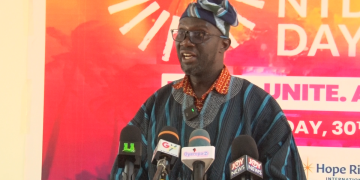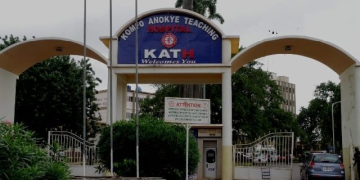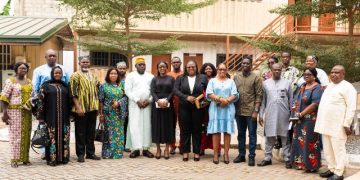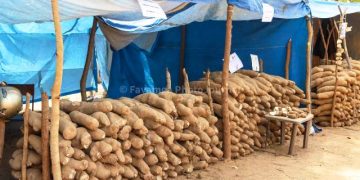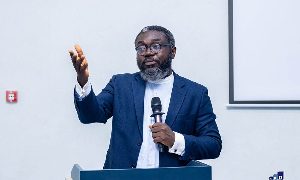The Union of Professional Nurses and Midwives, Ghana (UPNMG), has thrown its full support behind the Trades Union Congress (TUC)’s recent call for swift and decisive action against illegal mining, popularly known as ‘galamsey’.
In a statement, the UPNMG emphasized the urgent need to address the severe health risks that galamsey poses to vulnerable communities across the country.
As healthcare professionals, the UPNMG highlighted the growing concern about the long-term effects of illegal mining on public health.
The Union pointed to a range of critical health issues arising from galamsey activities, which have devastated the environment and exposed Ghanaians to toxic chemicals.
Public Health at Risk
The UPNMG outlined several major health hazards linked to illegal mining, underscoring the urgency of immediate intervention:
Water Contamination and Toxic Exposure: Illegal miners frequently use hazardous chemicals like mercury and cyanide, which have severely polluted many water bodies in Ghana. These chemicals, when ingested, have been linked to serious health conditions, including birth defects and chronic kidney diseases. Communities relying on these water sources for drinking and agriculture are particularly vulnerable.
Respiratory Illnesses
The dust and toxins released during mining operations contribute to an alarming rise in respiratory diseases. Bronchitis, asthma, and silicosis have become prevalent not just among miners but also in nearby communities affected by polluted air.
Neurological and Developmental Disorders: The Union warned of the dire consequences for children exposed to harmful substances from galamsey operations.
Studies show increasing cases of neurological damage and developmental delays in children, potentially leading to long-term cognitive and physical impairments.
Malaria and Waterborne Diseases: Galamsey disrupts natural water systems, leaving stagnant pools that serve as breeding grounds for mosquitoes, thereby driving up malaria rates.
Additionally, contaminated water has led to outbreaks of cholera, typhoid fever, and dysentery.
Cancer Risks
The release of carcinogenic substances such as arsenic and benzene into water and soil is another consequence of illegal mining. These chemicals significantly increase the risk of cancers, including skin, lung, and bladder cancer.
UPNMG Echoes TUC’s Demands
In light of these health threats, the UPNMG fully supports the TUC’s call for immediate government intervention to halt the destructive effects of galamsey. The Union specifically echoed the following demands:
Declaration of a State of Emergency
UPNMG called on the government to declare a state of emergency in regions severely impacted by illegal mining, citing Articles 31 and 31(4) of the 1992 Constitution.
Such a declaration, they argued, would enable swift action to halt environmental degradation and protect public health.
Revocation of LI 2462 and Withdrawal of Mining Licenses
The Union called for the immediate revocation of the Environmental Protection (Mining in Forest Reserves) Regulations, 2022 (LI 2462), which has allowed mining in Ghana’s forest reserves.
Additionally, all licenses granted for mining activities in these areas should be revoked immediately to preserve the country’s natural resources.
Creation of a Special Court for Galamsey Crimes
The UPNMG urged the government to establish a specialized court to prosecute illegal mining cases efficiently.
Swift legal action, the Union emphasized, is crucial to ensuring accountability and justice for communities affected by the health impacts of galamsey.
Call for Collective Action
The UPNMG reaffirmed its commitment to supporting the TUC’s ongoing fight against illegal mining and its adverse effects on public health. The Union called on all stakeholders—including government bodies, civil society organizations, and the international community—to join forces in combatting the galamsey menace.
“Protecting the health and well-being of Ghanaians must remain a top priority,” said John Agbenyeavu, National Public Relations Officer of UPNMG. “Immediate, coordinated action is required to safeguard our environment, public health, and future generations.”
The Union remains resolute in its mission to advocate for the protection of both the environment and the health of Ghanaians, stressing that the fight against illegal mining is a fight for the country’s future.
Source : www.kumasimail.com






